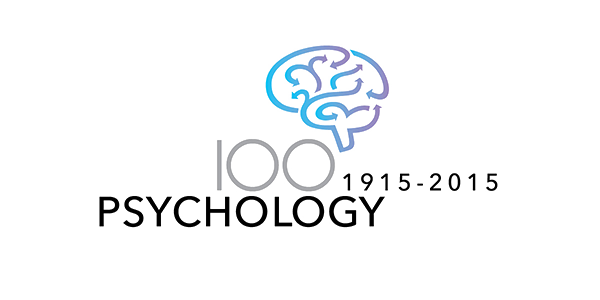Psychology Ph.D.
The goal of the Psychology Ph.D. Program is to train people in the areas of cognitive, developmental, and social/personality and health psychology.
The psychology department collaborates with a number of other departments and programs across the University, including the Neuroscience Institute, the Center for Brain Imaging, the Pittsburgh Science Learning Center, and the Social and Decision Sciences Department.
These faculty routinely train Psychology Ph.D. students:

John Anderson
Richard King Mellon University Professor of Psychology and Computer Science
We use neural imaging (fMRI, EEG, MEG) to study the sequential structure of complex tasks like mathematical problem solving and video games. Machine learning techniques combine imaging data and computational models to track mental processes in the performance of a task.

Marlene Behrmann
Thomas S. Baker University Professor of Psychology and Cognitive Neuroscience
Behrmann's research program is on understanding the psychological and neural bases of visual cognition, with particular emphasis on the recognition of faces, words and common objects. The research involves a multimodal approach using psychophysics, functional MRI and EEG and different populations including normal and brain-damaged adults and children.

Jessica Cantlon
Ronald J. and Mary Ann Zdrojkowski Associate Professor of Developmental Neuroscience/Psychology
We study the developmental, evolutionary, and cultural origins of logic and mathematics using fMRI and behavioral methods with children and adults, comparative studies with non-human primates, and cross-cultural research in the Amazon. Our studies test the kinds of computations that are shared among primates, their developmental trajectory, and what makes the human brain unique.
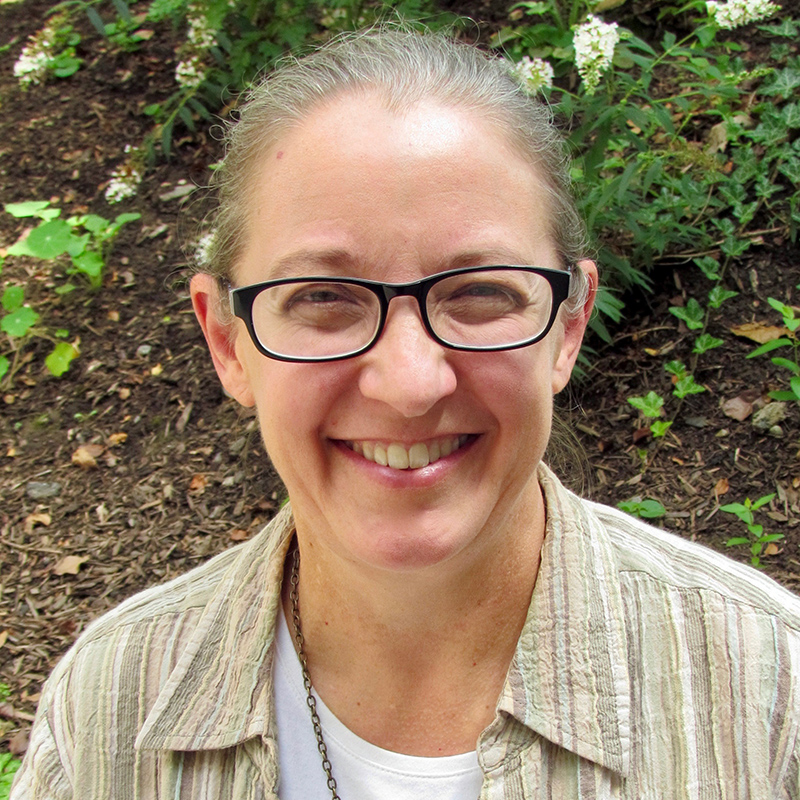
Sharon Carver
Director, Children's School and Professor of Psychology (Teaching)
My work aims to utilize theories and research in the learning sciences to improve education, for young children at the Children’s School where I am the Director, for undergraduates in the Dietrich College where I am the Associate Dean for Educational Affairs, and for graduate students in the Program for Interdisciplinary Education Research (PIER) where I teach one of the core courses and serve on dissertation committees.

Gretchen Chapman
Professor of Social and Decision Sciences and Professor of Psychology (Courtesy)
Dr. Chapman’s research combines the fields of judgment and decision making with health psychology to investigate methods to facilitate healthy and prosocial behavior such as vaccination and blood donation.
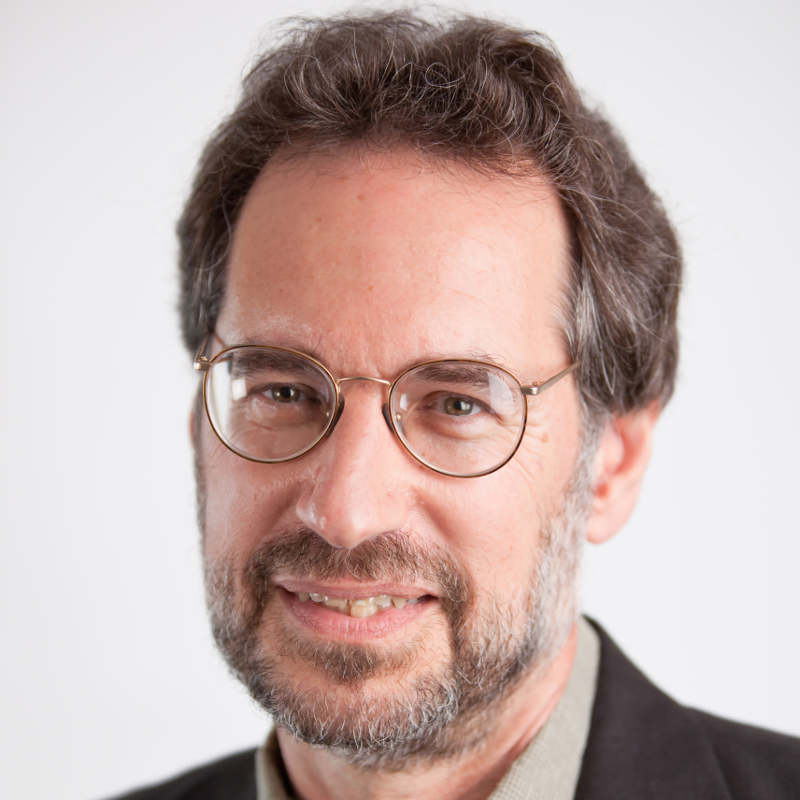
Sheldon Cohen
Robert E. Doherty Professor of Psychology and University Professor
Dr. Cohen's work focuses on the roles of stress and social support systems in health and well-being. He has published pioneering theoretical and empirical work on the effects of aircraft noise on health and development of school children, and on the roles of stress and social networks in physical and mental health.
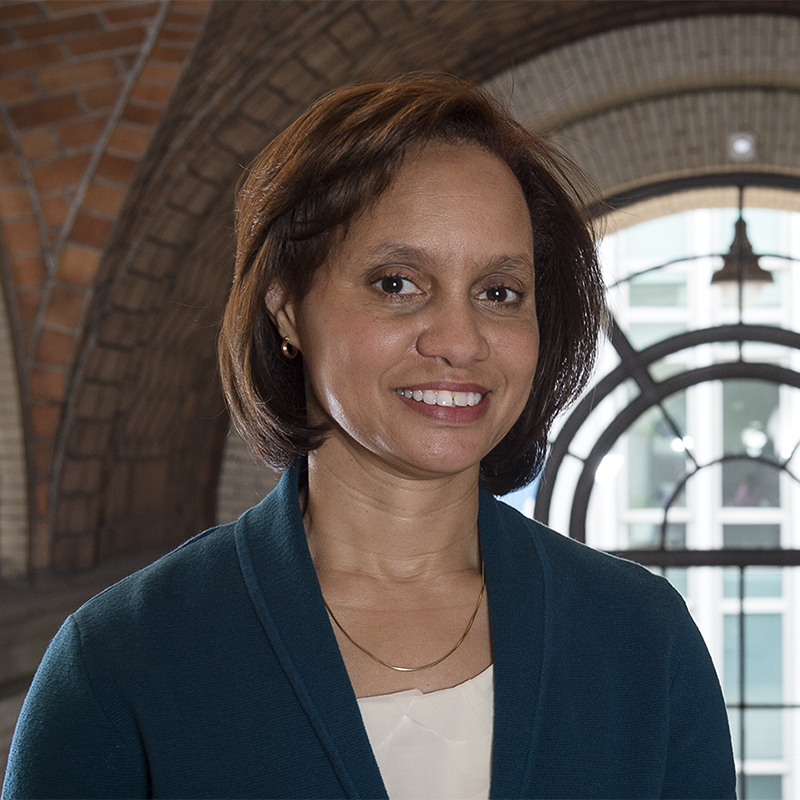
Chante Cox-Boyd
Associate Professor of Psychology (Teaching)
I am interested in the judgments that people make of others and how these judgments can further contribute to social inequality. I am especially interested in social stigmas and the processing of stereotyping. My goal is to explore how these factors can contribute to a lack of integration of minority groups on campus and how each can impede the success of minoritized groups in an academic domain.
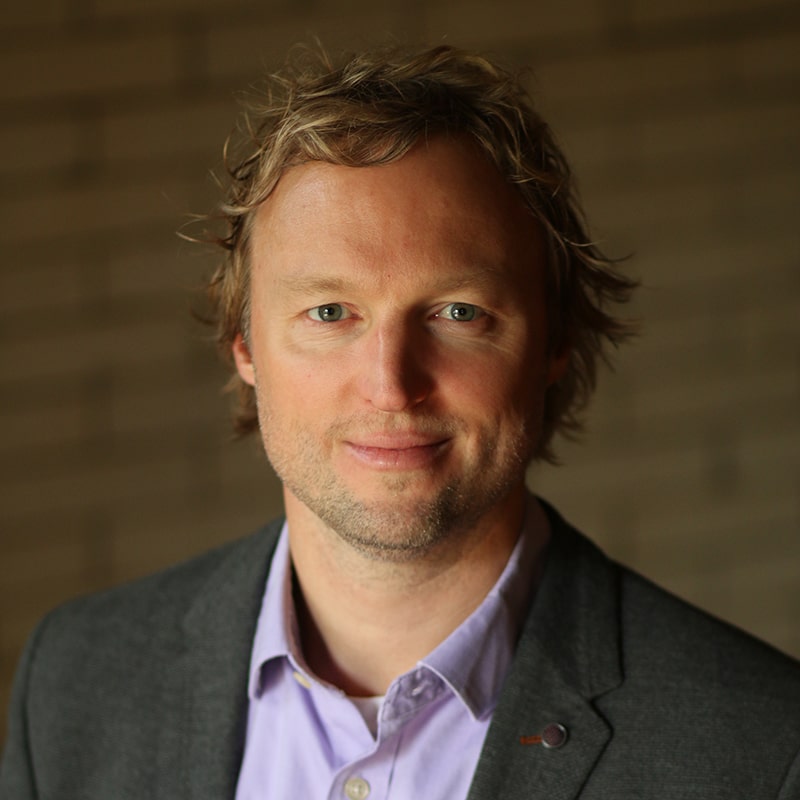
David Creswell
Professor of Psychology
I study stress and resilience processes. For example, we conduct studies of stress management interventions (e.g., mindfulness) or stress management strategies (e.g., self-affirmation, rewards) to experimentally explore stress and resilience mechanisms in healthy and patient populations.
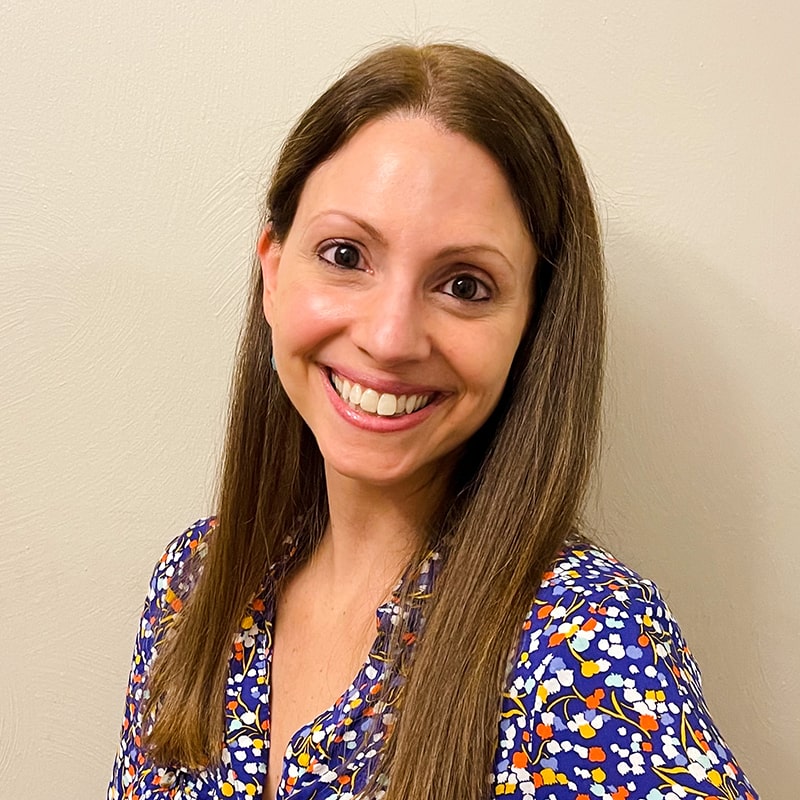
Kasey Creswell
Associate Professor of Psychology
I am broadly interested in understanding the mechanisms underlying the development and maintenance of addiction, as well as identifying those who may be particularly vulnerable to addiction. My research focuses on uncovering basic affective and cognitive mechanisms of cigarette craving and alcohol
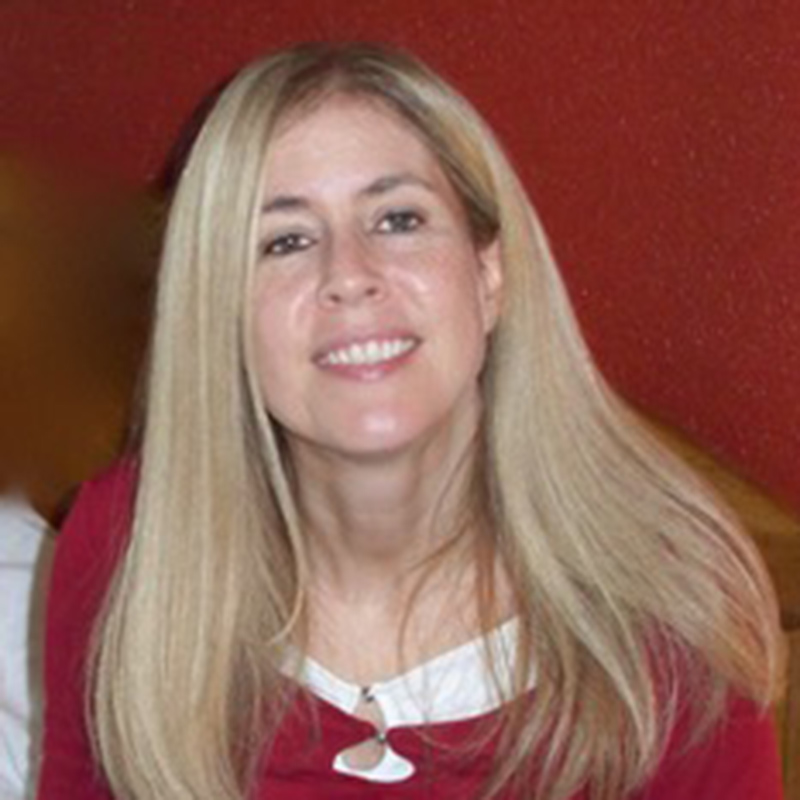
Brooke Feeney
Professor of Psychology
My research addresses the general question of how close relationships, and specific social behaviors and social interactions occurring within those relationships, facilitate or hinder human thriving. This work considers the immediate and long-term impact of specific social behaviors and social interaction patterns (and related biological processes) on important thriving outcomes such as mental and physical health, relationship health and stability, and goal progress and accomplishment.
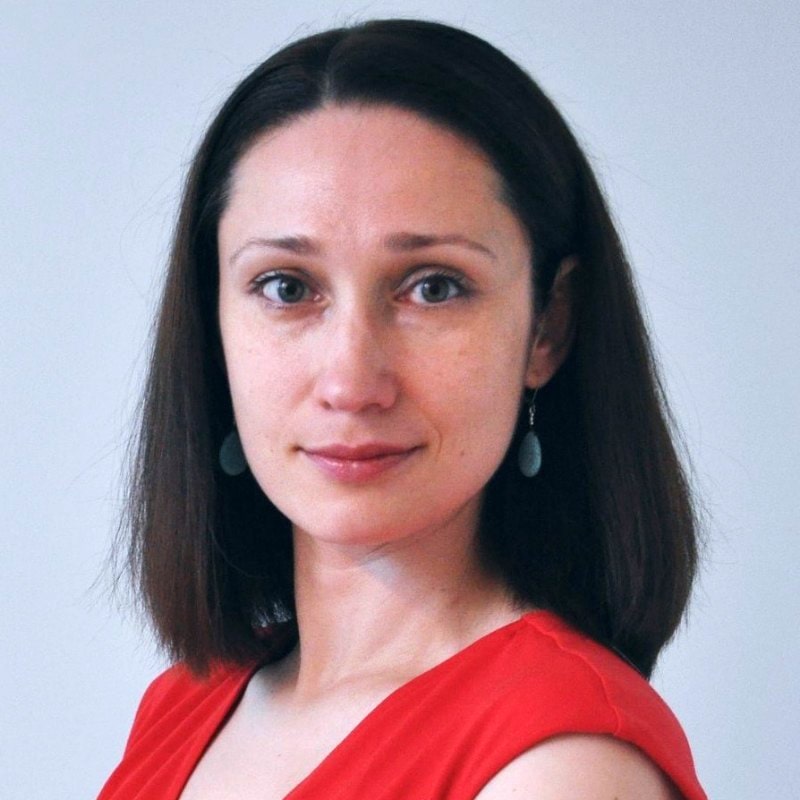
Anna Fisher
Associate Professor of Psychology
I study development of attention regulation, role of attention in learning in formal and informal settings, and development of higher-order cognition including semantic memory and reasoning. On-going projects in the lab examine how children sustain attention to dynamic events, the role children’s developing attention regulation plays during reading, and learning-driven changes in semantic memory in ecologically-valid settings.
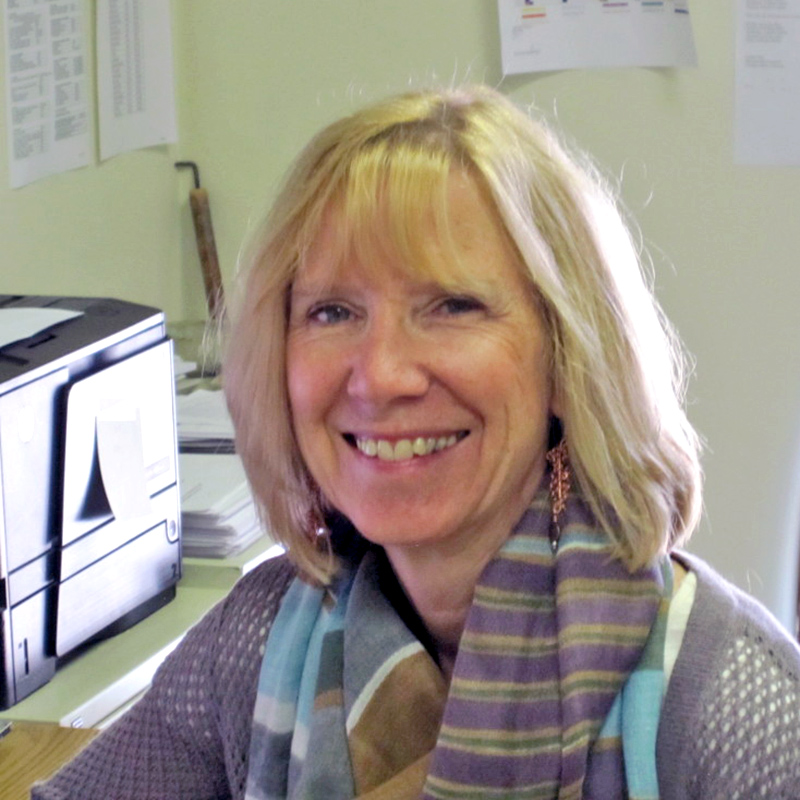
Vicki Helgeson
Director of Graduate Studies and Professor of Psychology
We study how people adjust to chronic illness, most recently diabetes. With experimental and field research, we focus on the role of interpersonal factors, such as communal coping, on psychological, behavioral, and physical health.
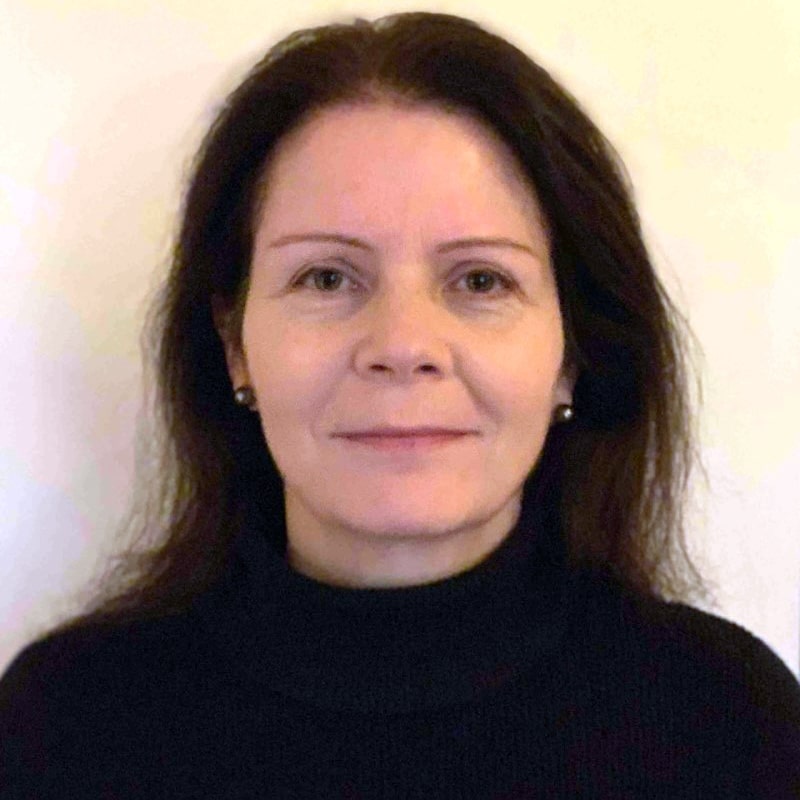
Laurie Heller
Professor of Psychology (Teaching)
My research examines the human ability to use sound to understand what events are happening in the environment. My perceptual experiments address whether there are acoustic cues that reveal attributes of sound events, and how our knowledge of these cue-attribute relationships influences our discrimination of sounds, labeling of sounds, and multimodal perception.
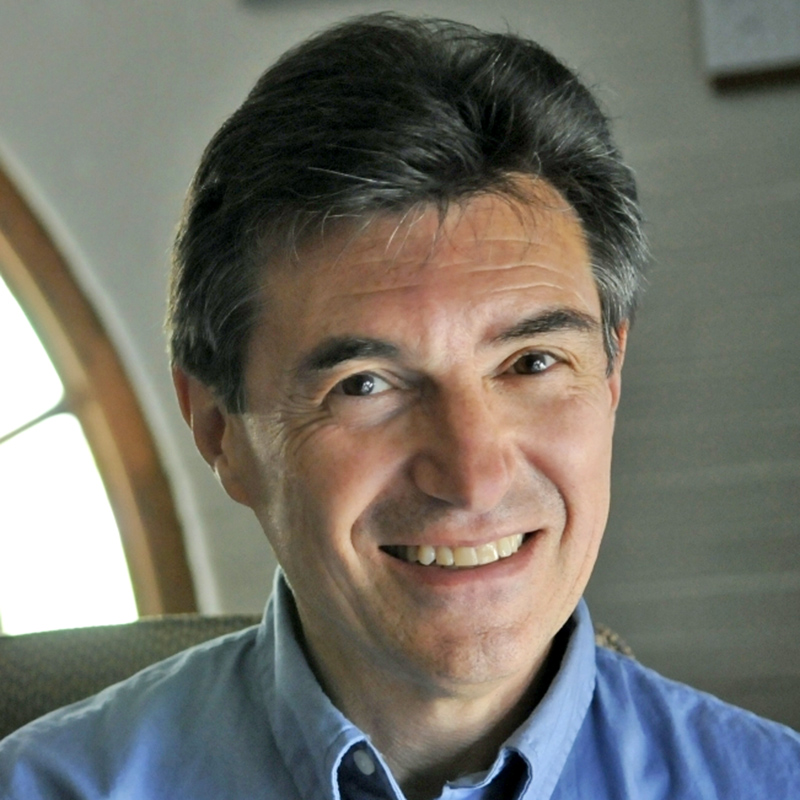
Marcel Just
D.O. Hebb University Professor of Psychology
My research uses fMRI (and occasionally EEG) to determine how concepts, sentences and other knowledge structures are neurally represented, ultimately decoding thoughts from their fMRI signature. I am also investigating the applications of this approach to psychiatric alterations of concepts (particularly in suicidal ideation) and in the representation and learning of scientific concepts.
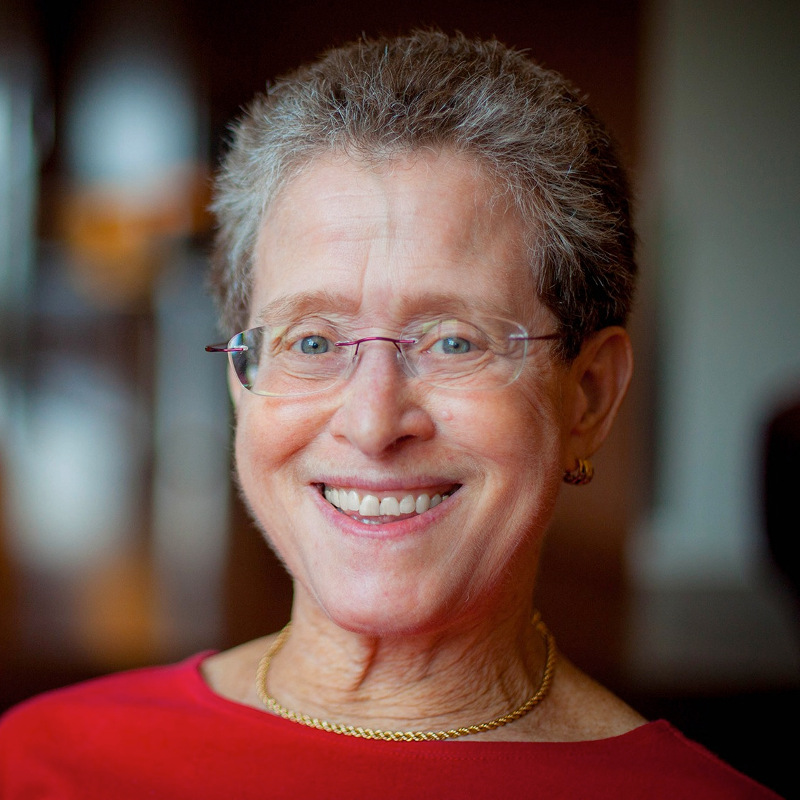
Roberta Klatzky
Charles J. Queenan, Jr. University Professor of Psychology and Human-Computer Interaction
I study how humans form perceptual representations in multiple sensory modalities and use them to guide action. My work has a strong connection to application, such as aiding blind people in navigation or augmenting surgery with touch and visual displays.
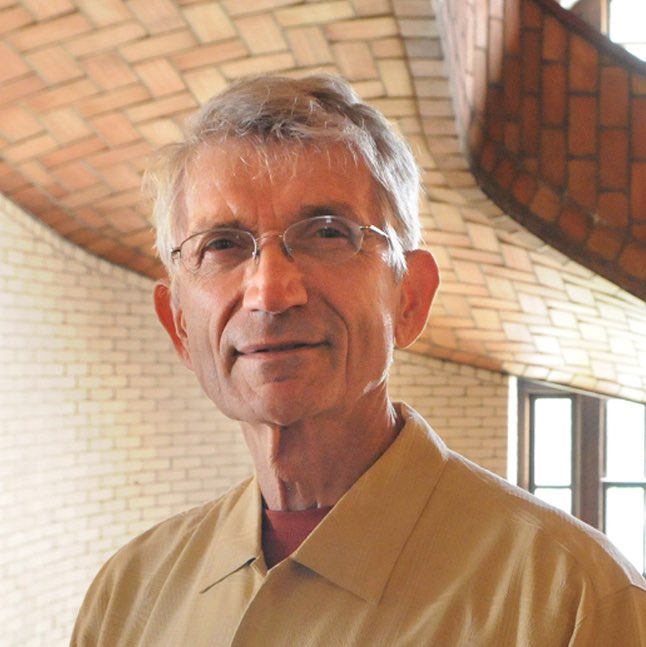
Brian MacWhinney
Teresa Heinz Professor of Cognitive Psychology
I have created the crosslinguistic multimodal TalkBank database system for the study of spoken language interactions in children, adults, bilinguals, language learners, and a variety of language disorders. My Competition Model for first and second language learning relies on concepts and data from usage-based linguistics, embodied cognition, and
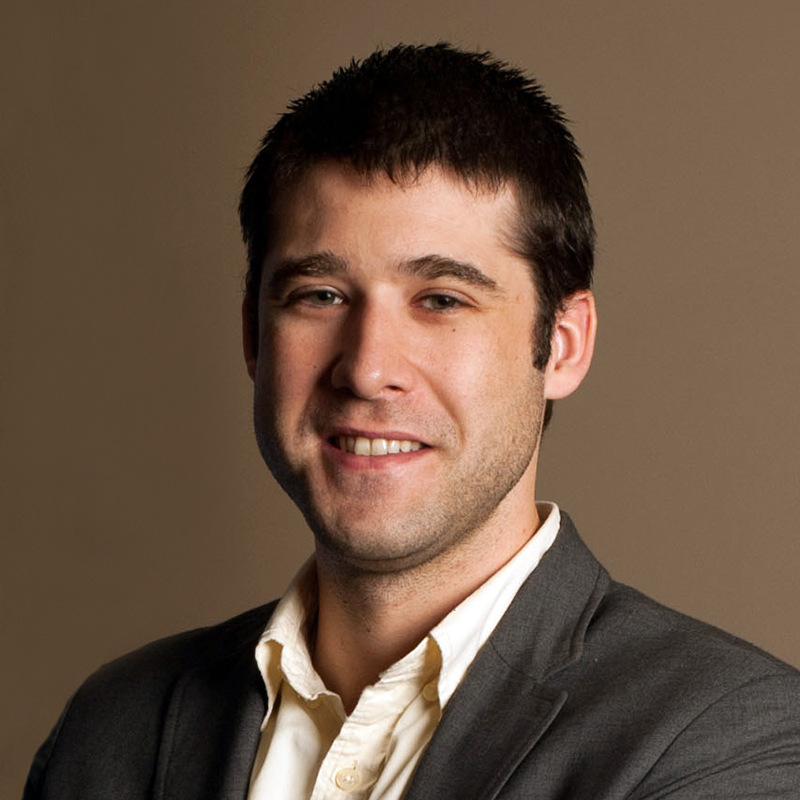
Brad Mahon
Associate Professor of Psychology
I work on the organization of object concepts in the brain, and how the brain recovers from injury.
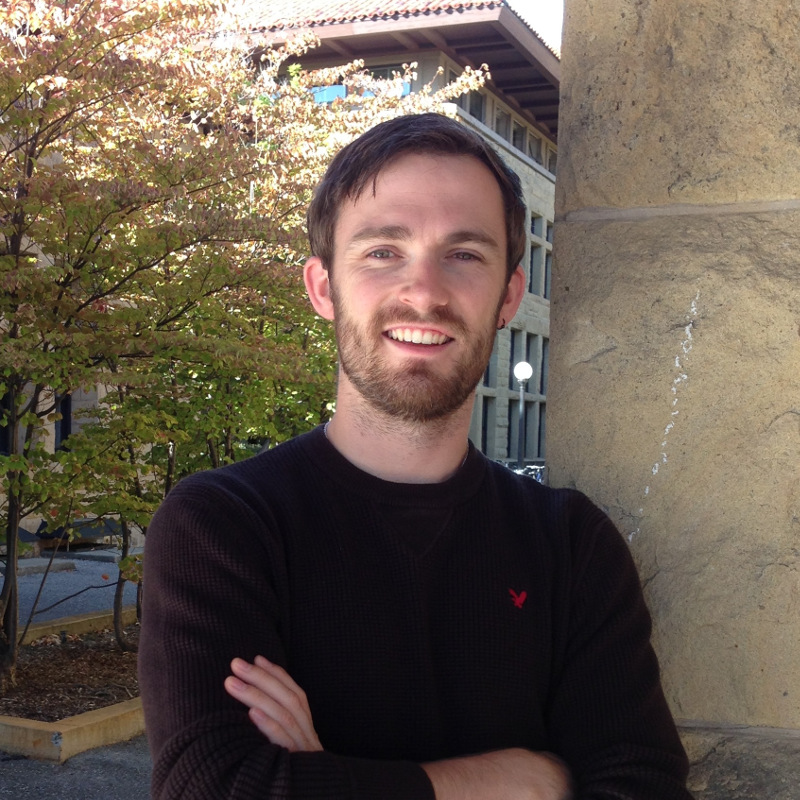
Kody Manke
Assistant Professor (Teaching)
I am is interested in social justice and inequality, and in using social psychology to help understand and address the nature and causes of these issues in the real world. My research focuses on social identity, especially in the context of stereotype threat and social psychological interventions.
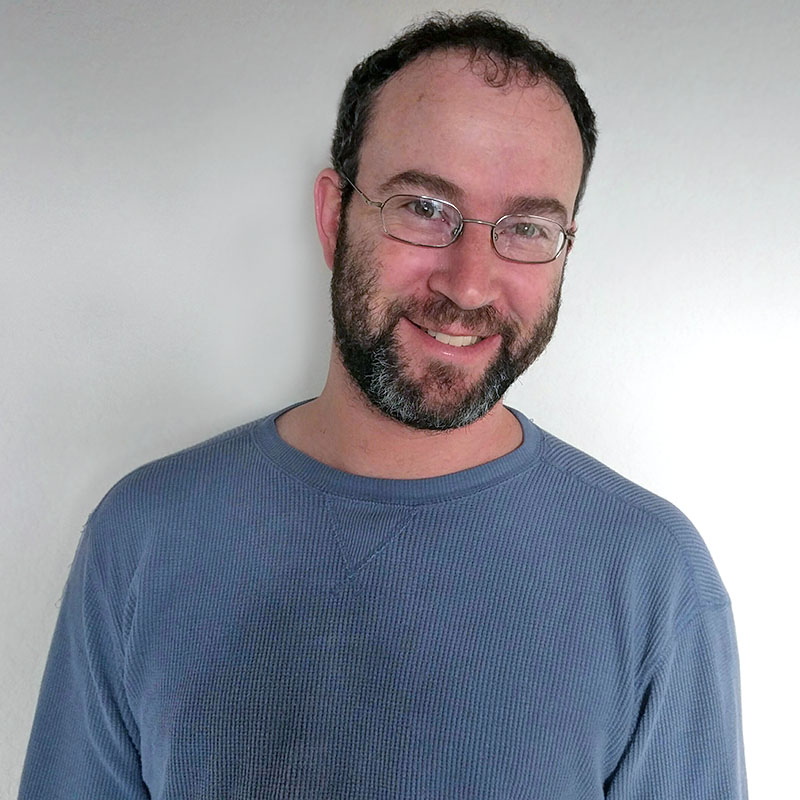
Daniel Oppenheimer
Professor of Social and Decision Sciences and Professor of Psychology (Courtesy)
I study how do people determine what information to use when making decisions, what is worth learning, how to search for the information they need, and what people do when different pieces of information conflict and suggest different conclusions. To answer these questions, I integrate theory from metacognition, causal reasoning, and memory.
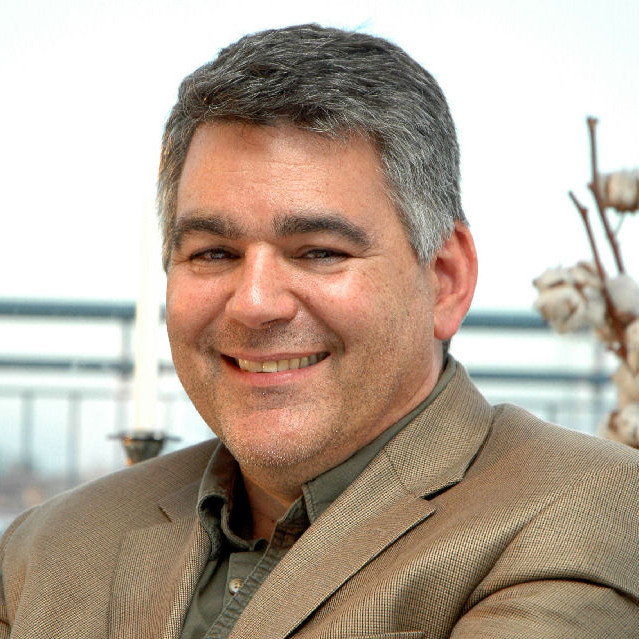
David Plaut
Professor of Psychology and the Neuroscience Institute
My research involves using computational (neural-network) modeling, complemented by behavioral, neuropsychological, and neuroimaging studies, to investigate the neural basis of cognitive processing in the domains of high-level vision, reading and language, and semantics, over the course of development, in skilled adults, and in patients with brain damage.
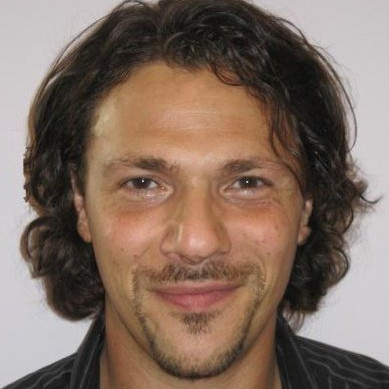
David Rakison
Associate Professor of Psychology
I study various aspects of infant perception and cognition using behavioral methods and computational modeling. I apply information-processing and evolutionary psychology approaches to examine how infants learn about causality, categorization, induction, cues to animacy, labels, and fear.

Lynne Reder
Professor of Psychology
I strive to better understand human memory by combining behavioral, neuroimaging, psychopharmacology and computational modeling methods to help constrain my theorizing. Currently, I am exploring how experience with stimuli affects working memory consumption and its implications for learning and partial matching.

Barbara Shinn-Cunningham
Director, Carnegie Mellon Neuroscience Institute, George A. and Helen Durham Cowan Professor of Auditory Neuroscience, Center for the Neural Basis of Cognition and Professor of Psychology (Courtesy)
I work on auditory neuroscience, especially auditory attention and communicating in complex environments, using EEG, MEG, fMRI, behavioral, and computational methods.
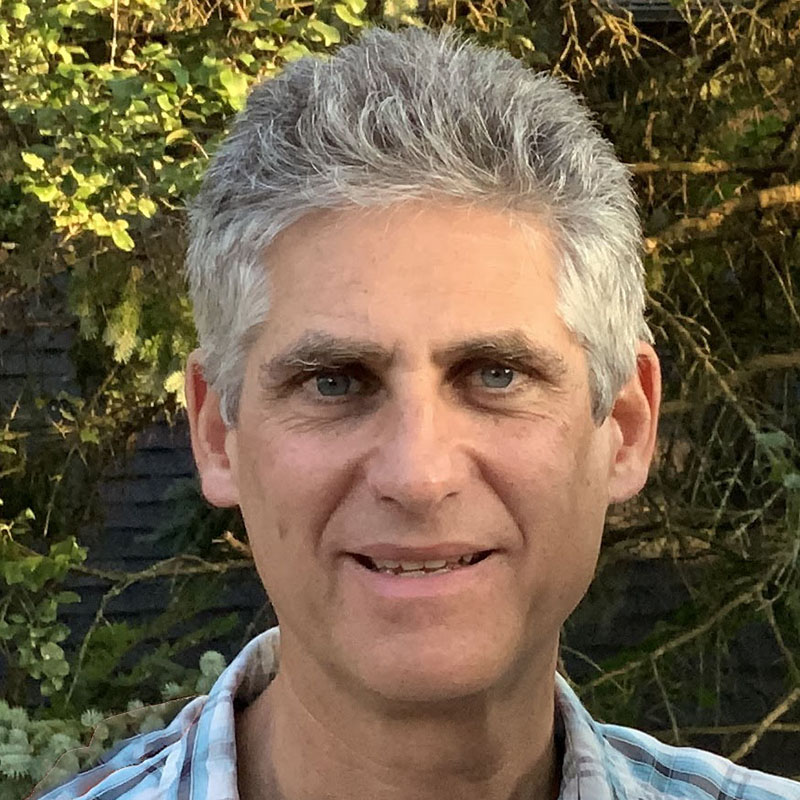
Michael J. Tarr
Kavčić-Moura Professor of Cognitive and Brain Science, Professor of Psychology and the Neuroscience Institute, and Professor of Machine Learning (Courtesy)
Using tools drawn from machine learning, computer vision, computer graphics, cognitive science and neuroimaging we are exploring how high-level structures within biological vision systems arise given minimal conditions, as well as how such models can help us to better understand the processes that underlie vision.
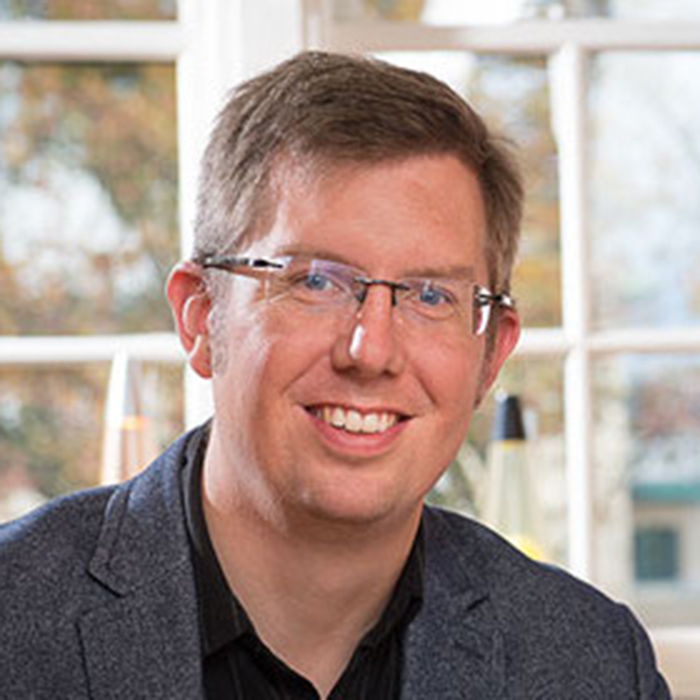
Erik Thiessen
Director of Undergraduate Studies and Associate Professor of Psychology
I study learning, with a particular focus on language learning and how infants and adults take advantage of probabilistic information in the input to discover phonological, lexical, and syntactic patterns. I am interested in both the effects of learning - such as how adults process input differently from infants - and also the mechanisms underlying learning, and have ongoing projects exploring both of these questions.
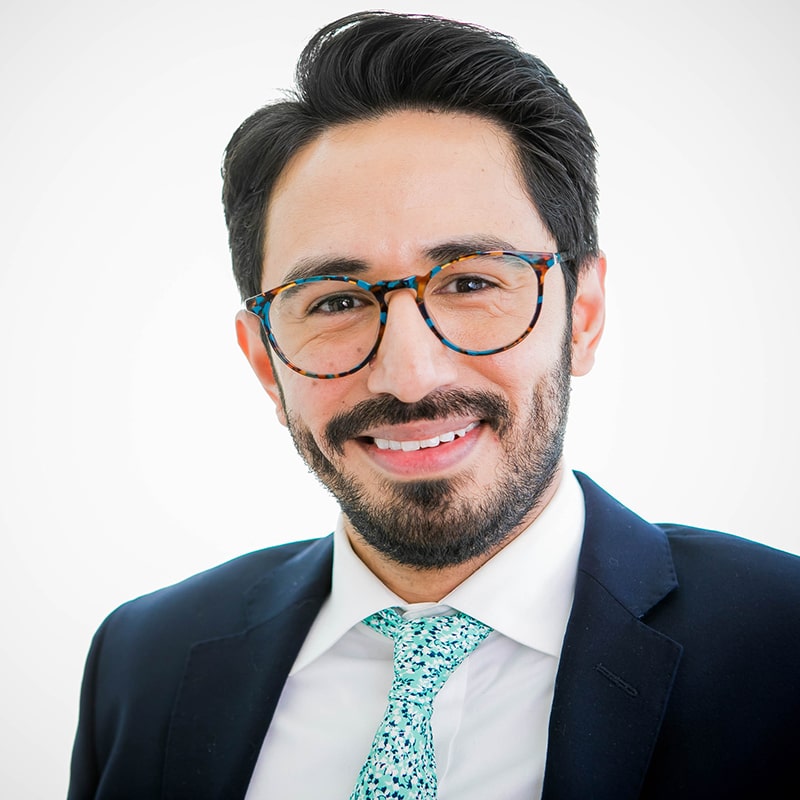
Michael Trujillo
Assistant Professor of Psychology
My research is rooted in both the social psychology of stigma and an understanding of the psychobiological pathways linking social stress and health. I have bridged these areas of expertise to create a program of theoretical and empirical work dedicated to understanding and improving the health of stigmatized populations.

Timothy Verstynen
Associate Professor of Psychology and the Neuroscience Institute
My lab studies how the architecture of cortical and subcortical circuits gives rise to the algorithms of decision-making and learning. We apply this understanding in the context of health neuroscience and artificial intelligence.
